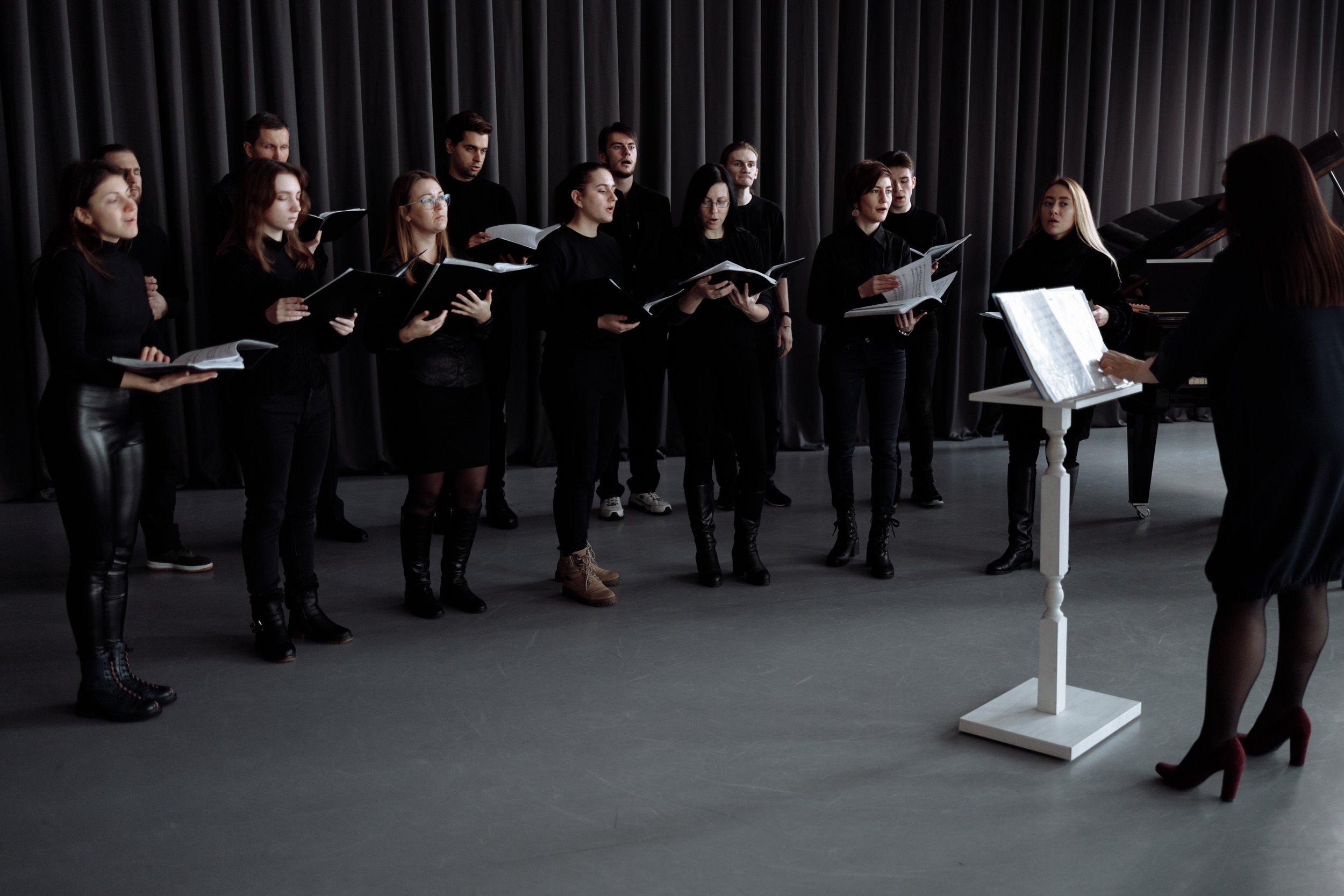6 Ways Honor Gender Identity in the Choir Classroom
With anti trans legislation on the rise in the United States, it’s more important than ever that music teachers create inclusive spaces for children of gender diverse experiences to feel welcome.
According to translegislation.com, 568 anti trans bills have been proposed in 2023 alone. 83 of those have passed. That’s more than three times the number of anti trans bills proposed in 2022. These bills include issues of healthcare, bathroom rules, and sports, among many others.
With this exponential rise of negative attention on the trans community, it’s important to create a welcoming space in music programs for gender expansive high schoolers.
Kids’ involvement in the arts can create community and a long-lasting feeling of belonging. As a high school student, the last thing you want to feel is left out or alone. In music programs, teachers get to know kids on a closer level. Choir directors at the high school level have the opportunity to teach the same group of kids for four years in a row. This gives us the opportunity to build trust and create a safe learning environment.
The Trevor Project’s 2022 survey found that less than 1/3 of the transgender and nonbinary youth surveyed felt affirmed in their home. So if these young people are not getting the support they need at home, all the more reason that we need to support these young people at school.
So what does it really mean for a high school choir program to be gender inclusive?
1. Ask Pronouns
Asking students their pronouns and sharing your own is a great way to start creating a gender inclusive community. You can do this at the start of the school year and the start of the semester. Gender identity is the internal sense of one’s gender. So, a student could be presenting one way, and perceived as one gender, while internally identifying a different way. By asking that student what their pronouns are, we give them the opportunity to be acknowledged in a way that is gender affirming.
2. Asking students their preferred voice parts
Some transgender people experience vocal dysphoria. This is when someone feels discomfort, anxiousness, or depression due to a feeling that their voice is incongruent with their gender.
Allowing trans students to choose which voice part that feels best for them can help to ease this feeling and make the students feel comfortable being themselves in choir. Some gender expansive people do not feel vocal dysphoria, however. It’s important not to assume that a student wants to change their voice part based on their gender.
3. Use gender inclusive language
Traditionally, voice parts have been very gendered in choir. Sopranos are women, basses are men, etc. But as we encourage students to sing in the voice part that feels most comfortable for them, that may mean you have some trans men singing soprano or trans women singing bass. So as you run your rehearsal, avoid using gendered language like, “Women, start at measure 12”. Rather, you can say “Sopranos and altos, start at measure 12”, to ensure that you are being inclusive of all gender identities within the sections.
4. Gender inclusive performance attire
Many high school programs have dresses for women, and tuxedos for men for concert dress. It’s important to check in with each student to see what kind of dress would make them feel most comfortable. You might consider a gender neutral option, as well.
5. Gender inclusive repertoire
Take a closer look at the history and text of the music that you program. Ask yourself if it reflects inclusivity, or whether it supports outdated stereotypes. Seeking out works written by gender expansive composers is a great way to create inclusivity.
6. Gender Neutral ensemble names
Many schools have ensemble names like “Men’s Glee Club” or “Women’s Treble Choir”. Ask yourself if it’s inclusive to use these names. Does the Men’s Glee include men of trans experience? Or could it be more inclusive to remove the gendered language from the name?
Interested in learning more?
I offer presentations for choir educators on how to support their trans singers!

























